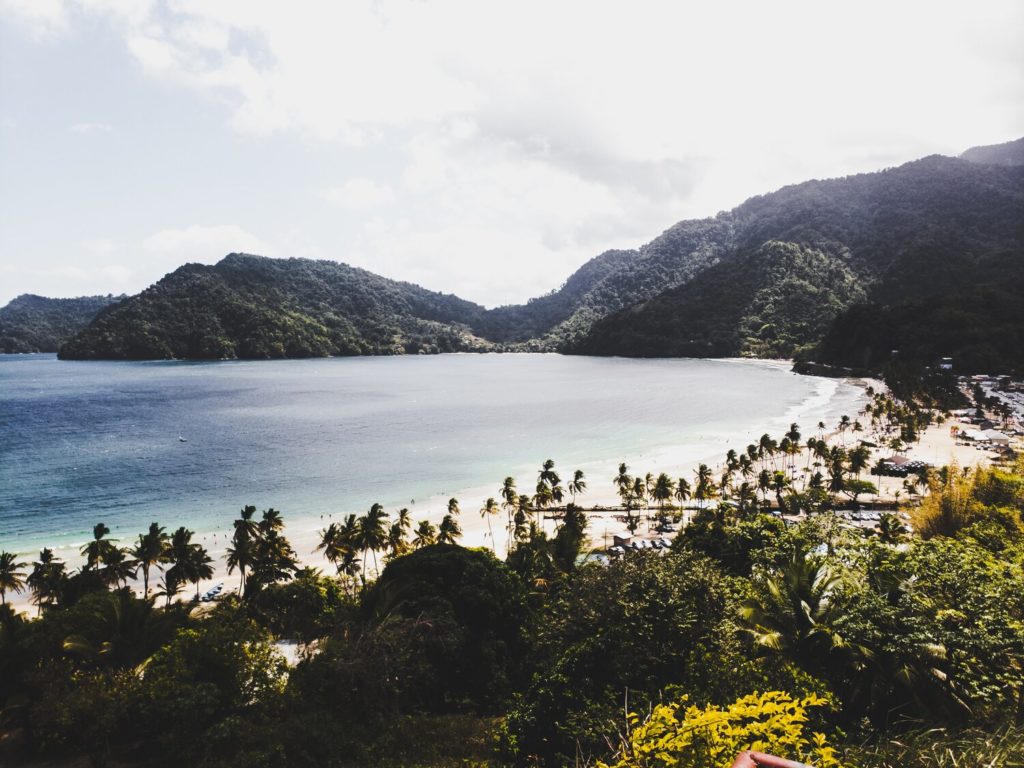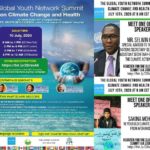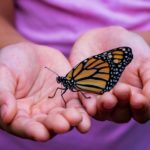The Healthy and Environment-friendly Youth (HEY) Campaign has launched a series of joint interviews with young people from across the world on climate change and health. This is an interview with Su-Anna and Zoe from Trinidad and Tobago.
Su-Anna is a 23-year-old HEY Campaign Ambassador, Environment Health and Safety Intern at Sandals Resort and a budding Tourism Enthusiast with a knack for sustainability.
Zoe Andall-Bowen is a 23-year-old Disaster Management Specialist.
YOU IN ONE WORD?
Su-Anna: Resourceful.
Zoe: Temple (temple is a place meant to be pure, clean and kept sacred)
DESCRIBE NATURE IN YOUR COUNTRY: THE PLACES AND SPECIES YOU CHERISH, VALUE AND WANT TO PROTECT.
Su-Anna: The twin island Republic of Trinidad and Tobago is a majestic multifaceted nation that brings a lot to the table regarding nature and wildlife experiences. The country is comprised of two isles that create twice the amount of adventure to both citizens and visitors. For me, Trinidad is a jungle paradise that offers a distinct ecosystem filled with biologically diverse wetlands, woodlands as well as spectacular flora and fauna. Tobago on the other hand is a diver’s paradise because of its idyllic turquoise beaches. The island is a blissful tropical dream, which has a vibrant ecosystem filled with lush, natural beauty immersed with a colourful marine life. The places within the isles that I consider dear and near to my heart are the Nariva swamp, the Caroni Swamp, Matura beach, the Bon Accord Lagoon and the Buccoo Reef. The reason is these places play a fundamental roles in housing our marine life and keeping dominant species existent.
Zoe: The nature in Trinidad and Tobago is so diverse and must be an anomaly to have so many different ecosystems stuffed into so little land and sea. We have deciduous and tropical forests, plains, and gorgeous, sweeping mountain ranges, mangroves teaming with life, beaches and a grand array of organisms to match- many I am sure we haven’t discovered as yet. One of the animals dear to me is the West Indian Manatee. The vulnerable sea cows have basically disappeared from our island through careless abuse of our rivers. They are beautiful, misunderstood creatures and I would love to see a resurgence of their population.
UNFORTUNATELY, OUR ENVIRONMENT IS CHALLENGED BY HUMAN ACTIVITIES AND INAPPROPRIATE BEHAVIORS. TELL US WHAT FRUSTRATES YOU THE MOST WHERE YOU LIVE, CAN YOU THINK OF ANY SOLUTION TO SOLVE THESE PROBLEMS?
Su-Anna: Human nature and behaviour are without a doubt the hardest things to change as humans inherently have needs. As a result of such needs, human activity has indeed posed the Earth with a lot of issues that have led to climate change. Most nations like the one I reside in are working towards becoming developed nations. However, the manner in which certain development is being conducted brings to life my frustration. The reason is many projects are being conducted in a sustainable manner with regards to industrialisation. Only taking into consideration present socio-economic growth, whilst failing to think of things holistically and leaving socio-cultural and environmental sustainability as an after-thought.
Waste management is another issue that we are faced with in this twin-island. Though there are systems in place to reduce the amount of trash that enters the landfill it seems to be futile. This is so, as many individuals still are not using simple garbage reciprocals for garbage separation so as to prevent waste contamination. Therefore, to deal with this it is imperative that we scale it up to an educational level.
Though, this process takes some time, it is essential that we revamp the curriculum ensuring that students are taught at an early stage about global warming and its many adverse effects. Thus, implanting the idea of saving our Planet which in turn becomes a natural desire to be more environmentally friendly. In order to solve problems relating to efficient waste disposal, recycling should be taught and practiced in schools and incentives should be provided to motivate children who would in return teach their parents.
Zoe: There are many things we could improve on as a country, but land and sea pollution have proven to be the worst. It frustrates me to walk in our streets and see piles of unattended garbage scattered about where we live. We dump indiscriminately into the roadways, waterways and “bush” and refuse to consider the consequences of our actions once it doesn’t directly affect us. The best way to deal with such an issue is for children to be educated from a young age on the importance of our environment and the importance of taking care of it. This will inculcate the habits and mind-set we need to make the major changes in our care for the environment. Secondly, environmental activism locally has to move from being an ambiguous body from society (the people over there) and build relationships with communities and political lobbyists to support legislation and programmes for minimalizing pollution.
WE ARE IN 2030, POLITICAL AND ECONOMIC LEADERS HAVE TAKEN ACTION ON CLIMATE. SHARE YOUR WISH LIST OF WHAT HAS CHANGED (IN YOUR COUNTRY OR THE WORLD).
Su-Anna: The Earth deserves more than just half measures. As such, the following is my wish-list:
-
Education and Sensitization. The government and NGOs alike can develop programs and projects that are aimed to develop sensitization to the effects of climate change in both schools and public forums. These institutions can establish grow-box, hydroponics, re-planting and recycling projects which can aid in the process of achieving a healthier environment.
-
Re-emphasize, Re-establish and Reinforce Policies, Management and Laws. The government of Trinidad and Tobago have already developed measures to protect our natural resources. Therefore, in efforts to reduce the impact of climate change it is their sole responsibility to enforce laws and punishment to deal with policy- breakers.
-
Develop restorative initiatives. The government and NGO’s within Trinidad and Tobago should engage in joint ventures in which both citizens and tourists engage in activities geared towards the restoration of forest, wetlands, coral and mangroves.
-
Efficient ways of Energy production. Policies are created and implemented to reduce greenhouse gas emissions from our oil and petrochemical industries (NGC, Heritage, BP, Atlantic LNG and Tucker). Also, utilizing more efficient ways of energy (solar and wind). This in turn reduces the amount of oil being used.
-
Reduction of Floods. Measures have been put in place to reduce the occurrence of flooding. Though it is not eradicated, flooding is now more controlled when it occurs and does not wreak as much havoc as before.
Zoe: Inserting policies for all companies in the manufacturing sector for all waste treatment. Movement from the oil sector for energy to that of solar power. Part of our manufacturing sector can be used for battery and panel manufacturing. This can become a healthy revenue avenue as a Caribbean country. Educational programmes are placed in the core curriculums of schools for teaching children about caring for the environment and carrying out sustainable practices. Designate areas for farming and banning harmful practises such as mass slash and burn or mass chemical treatment of land. Increased declaration of protected landscapes and animals. Strict protective orders for areas banning logging, slash and burn, illegal hunting of keystone species, dumping of refuse and any other harmful practises. Manpower would be supplied to assist with these protective orders. Finally, strict management of building codes and construction to reduce the amount of concrete placed and to maintain natural rivers, aquifers, underground water systems and maximise greenery in urban spaces.







